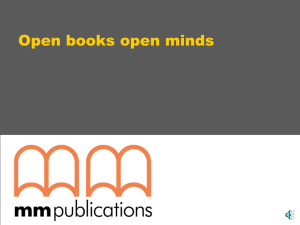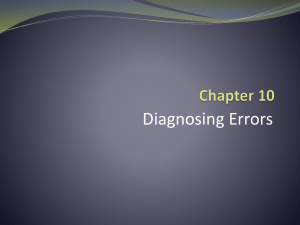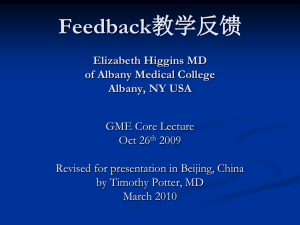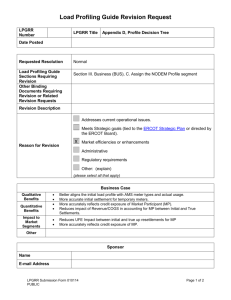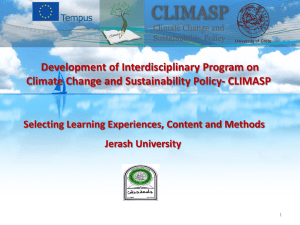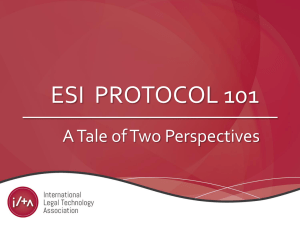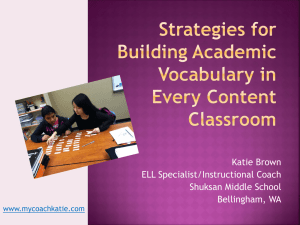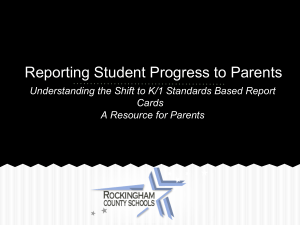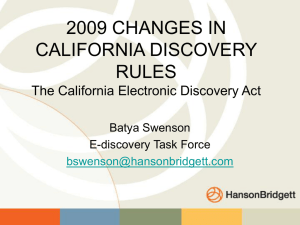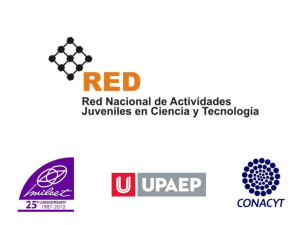PowerPoint
advertisement
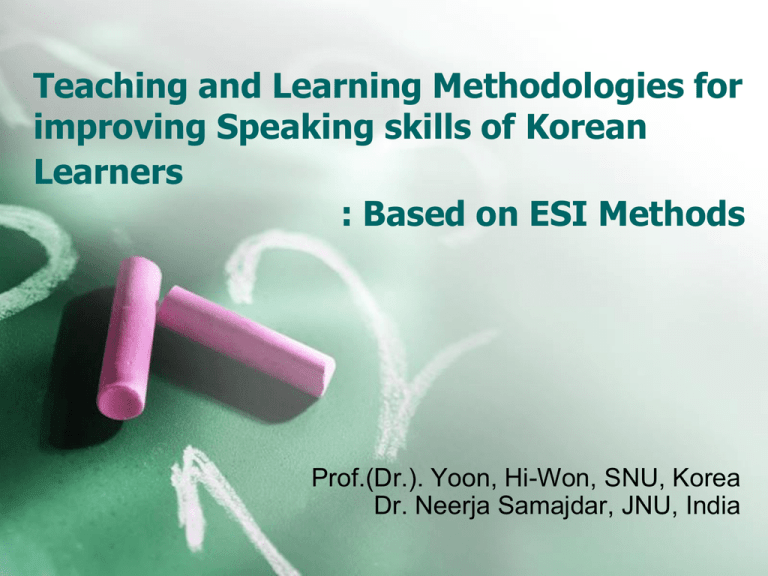
Teaching and Learning Methodologies for improving Speaking skills of Korean Learners : Based on ESI Methods Prof.(Dr.). Yoon, Hi-Won, SNU, Korea Dr. Neerja Samajdar, JNU, India Globalization of Korean Language Education USA(27) Mexico(1) Brazil(1) Argentina(2) Canada(3) China(4) Denmark(1) Russia(5) Japan(122) Sweden(1) Finland(1) Philippines(1) Netherland(1) Malaysia(3) UK(3) Poland(1) Czech Rep(1) Germany(4) Thailand(3) France(4) Hungary(1) Indonesia(1) Portugal(1) Turkey(1) India(3) Italy(1) Africa(1) Australia(3) New Zealand(1) Source : 국제 한국어 교육 학회(1996), 한국말 교육 소식(20~22) Why Speaking ? • Student’s Aim • Student’s Demand • Native-like Conversational ability • Free Communication • Cultural Understanding • Knowledge Expansion KLT in Foreign Countries • Multi-Lingual Setup - L1, L2, L3, L4 etc. - Code Switching, Code Shifting, Error Tolerance • Multi-Cultural Environment • Non-Native Environment • Less opportunities for practice • Less number of Korean Community Language Teaching–Learning Methods Grammar Translation Method Communicational Method Gouin & The Series Method Audio-lingual Method Direct Method Problem Solving Method Designer Method Cognitive Code Learning Method Explicit Method Activity- Centered Method Strategic – Centered Method ESI Method Results & Findings Application & Testing Designing & Developing ESI Problem Analysis – Learners, Teachers, Curriculum, Class Activities, Lesson-plans, Present Teaching-Learning Methods, Cause-Effect Analysis Strategic Centered Method Explicit Method Interactive Method ESI Teaching – Learning Method ESI Teaching Learning Method Foreign Language(L3) English(L2) Multi-Cultural Background Mother Tongue(L1) Social Background Feedback Introduction • Student’s Aim • Encourag ement & Motivation Teacher Guidance Stage • Content Explanation • Introduction of Learner’s Strategy Enrichment Teacher-Student Interaction • Strategy Explanation • Demonstration • Strategy Application • Interaction • Teacher Feedback Student-Student Interaction Closing • Direct Application of Strategies • Role Play • Evaluation – Teacher, Peer, Self • Overall Evaluation • Closing Feedback T-S Process S-T Process Religious Background S-S Process Non-Native Korean Set-up Introduction Stage Explanation of aims of learning Background knowledge of text Highlighting the learning benefits Related contents Encouraging & motivating to learn Teacher Guidance Stage Lesson Content Explanation Introduction of Learner’s Strategies Strategic-Plus-Controlled Training Completely Informed Training Enrichment Stage Detailed and structured explanation of how to use learning strategy to understand the lesson content Demonstration of use of learning strategy Teacher – Student Interaction Activities Practicing the learning strategy with the lesson content Teacher Equal Participation Teacher’s feedback Student Student – Student Interaction Stage Activity Explanation from the teacher Role Identification Performing the activity Feedback – Teacher Evaluation – Peer Evaluation – Self Evaluation Closing Stage Lesson Content Revision Learner’s Strategy Revision Activity performance Revision Feedback Revision Evaluative Aspect Strategic Aspect Interactive Aspect ESI Teaching – Learning Method Evaluative Aspect Teacher’s Feedback - Motive Enrichment Feedback - Elicitation Feedback - Meta-linguistic Feedback - Clarification Request Feedback Peer Evaluation Self Evaluation Strategic Aspect Strategic-Plus-Controlled Training Completely Informed Training VIII Restructuring learner’s strategy Training VII Evaluation of training VI Learner’s Strategy Training V Combining strategy training & lesson contents through Interactive activities IV Encouraging & Motivating learners for strategy training III Selection of learner’s Strategy training method II Selection of learner’s strategy I Finding learner’s strategy demand & training period Interactive Aspect FORM MEANING Conclusion Multi-Cultural Environment & Multi-Lingual Set up has to be considered in developing teaching & learning methodologies for Foreigner students. Student’s aims & demands should get achieved through the teaching – learning method. Recommendations for ESI Teaching & Learning Method for improving speaking skills of foreign students. Evaluative, Strategic & Interactive Style of teaching & learning Thank you 감사합니다 Prof.(Dr.). Yoon, Hi-Won, SNU, Korea Dr. Neerja Samajdar, JNU, India


